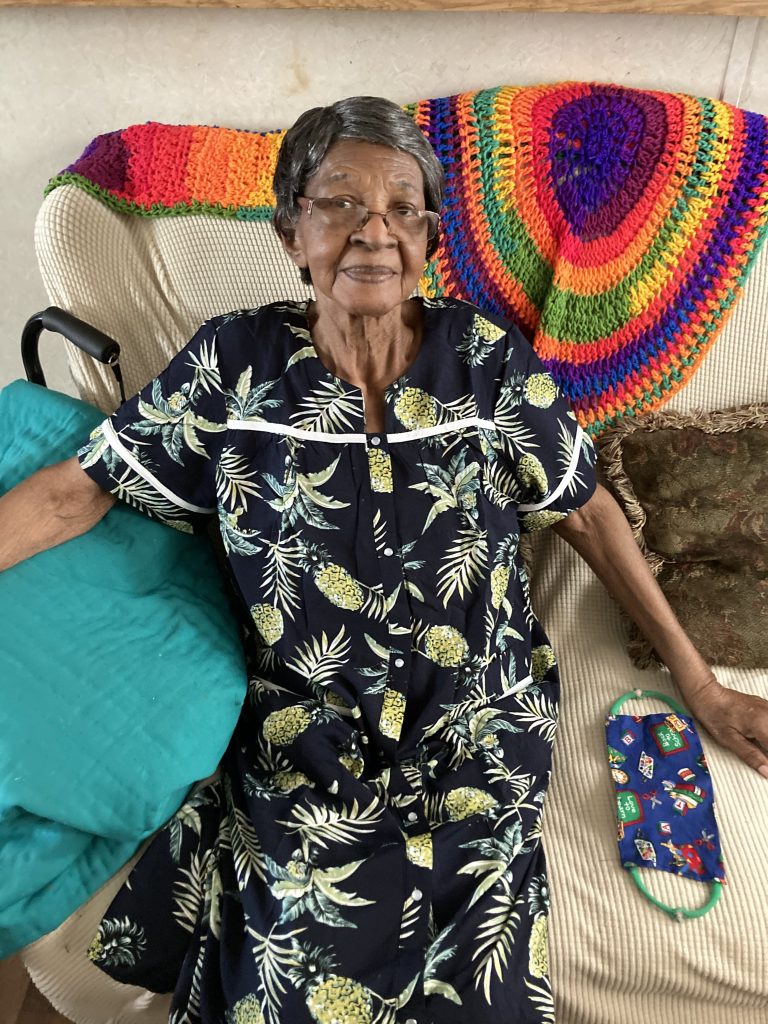
Providing care to a family member with dementia can be an emotionally rich and rewarding experience. But it can also be demanding and stressful. Many carers encounter mental health issues, and unpleasant emotions can often bubble to the surface. The critical inner voice can become louder, and the chatter of ‘you’re not doing enough’ and ‘you should be able to cope better’ may lead some carers to experience a cascade of feelings ranging from guilt and anger to shame and helplessness. Undoubtedly, these emotions can feel overwhelming, and many carers may find it easier to just push them aside and plough on. Unfortunately, despite this seeming to be the safest option, it is actually not the most helpful, and is likely to only compound the feelings further. An alternative and more sustaining approach, however, might be the cultivation of self-compassion.
What is self-compassion?
When we think of self-compassion, many of us imagine self-indulgence and think it’s about putting ourselves first and giving ourselves all the bubble baths and chocolate we need. In reality, self-compassion is much more than that. Professor Paul Gilbert, the founder of compassion-focused therapy, describes it as recognising suffering in yourself and others, and taking steps to prevent or alleviate that suffering. This requires courage and strength to engage with emotions, and wisdom to take the actions needed to help with suffering. There is increasing interest in the research world about how it might be used to help support the emotional health of family carers of people living with dementia.
How can self-compassion help with emotional health?
Research has shown that self-compassion can be learnt, and that higher levels of self-compassion are related to better emotional health and wellbeing. In terms of family carers of people living with dementia, only a few studies have been conducted to-date, so findings are less clear. Nevertheless, these small studies support the broader research, suggesting that if family carers of people living with dementia work on developing self-compassion, it might help their emotional health.
But how exactly do carers go about cultivating self-compassion?
How can we cultivate self-compassion?
A key part of developing a self-compassionate mindset is understanding how our brains and emotions work. We have complex ‘tricky brains’ that have evolved to include both ‘old brain’ functions that are essentially focused on staying alive, and ‘new brain’ functions that include thinking, imagining, self-awareness, and worrying. In addition, our brains have also evolved to organise our emotions using three management systems: the threat system; the drive system; and the soothing system. Due to our primal focus on survival, our brain’s default setting is the threat system. However, with our ‘new brain’ abilities to worry and over-think, we can find ourselves in complex thinking ‘loops’ that result in emotional distress. This is where self-compassion can help. By using and practising a number of different self-compassion techniques and exercises, we can tap into our body’s soothing system while also dialling down the threat system.
In compassion-focused therapy and its associated program, compassionate mind training, the aim is to cultivate a compassionate mindset – towards ourselves and others – by helping people to accept their emotions and work with them in a compassionate way. This approach uses a range of techniques, for example, education about how our ‘tricky brains’ work, mental imagery, body posture work, mindfulness, breathing exercises, and compassionate letter writing. A number of these resources are provided for free on the Compassionate Mind Foundation website.
For family carers of people living with dementia, the (often) 24/7 demands of the role can be exhausting. As a result, carers may find themselves wishing they could take a physical break (‘old brain’) but then criticise themselves and feel guilty about having these feelings about the person they care for (‘new brain’).
Do self-compassion programs work?
There is more and more evidence supporting the effectiveness of compassion-based programs as a means of improving mental health and wellbeing. For programs involving family carers of people living with dementia, findings are promising but we need more studies to fully understand the impact. A number of researchers – me included – are currently designing and testing the effectiveness of programs that aim to cultivate self-compassion in family carers of people living with dementia. Many of us are using co-design approaches to ensure carers’ needs and preferences are reflected in the programs. Although the wheels of research turn slowly, our early results are encouraging, and we expect coming years to bring more understanding about the role self-compassion could play in supporting the emotional health of family carers of people living with dementia.

Jenny Murfield is a PhD student and Senior Research Assistant in the School of Nursing and Midwifery and the Menzies Health Institute Queensland, Griffith University (Australia). She holds a BSc(Hons) in Psychology from the University of Leeds (UK), and has over a decade of experience working in research-focused roles within the areas of ageing and dementia. Her PhD is exploring self-compassion in family carers of older adults. You can find her on Twitter at @JennyMurfield.




